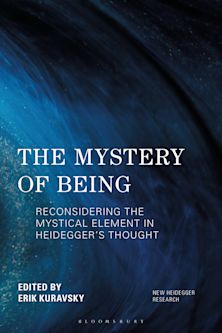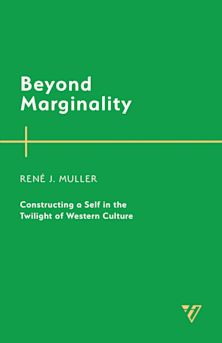- Home
- ACADEMIC
- Philosophy
- Philosophy - Other
- Cognitive Complications
This product is usually dispatched within 1 week
- Delivery and returns info
-
Free US delivery on orders $35 or over
You must sign in to add this item to your wishlist. Please sign in or create an account
Description
The prime intent of Cognitive Complications is one of innovation. Rescher addresses issues that are under-examined in the present state of discussion, their inherent interest notwithstanding. The linking thread of these investigations is their pragmatic dimension, inherent in the idea that rational inquiry is itself a practice—albeit one that functions in the ideationally cognitive rather than physically manipulative realm. And as a practice it has its aims and functions which in their turn provide for the standards of adequacy and efficacy that establish the criteriological norms of our cognitive proceedings.
Table of Contents
Product details
| Published | Oct 08 2015 |
|---|---|
| Format | Hardback |
| Edition | 1st |
| Extent | 222 |
| ISBN | 9781498521802 |
| Imprint | Lexington Books |
| Illustrations | 15 Tables |
| Dimensions | 9 x 6 inches |
| Publisher | Bloomsbury Publishing |
About the contributors
Reviews
-
Rescher's style, as with many of his other works, is fluid and clear. He has an uncanny capacity to explain matters with lucidity and efficiency; this book is exemplary in this regard. . . .Cognitive Complications is a well-written and innovatively argued articulation of the consequences of epistemic pessimism. . . .Rescher's work is a solid contribution to the pragmatist program of squaring our aspirations for knowledge with our practical interests.
Notre Dame Philosophical Reviews
-
In his characteristically clear and precise style, Nicholas Rescher has once again provided us with a probing and illuminating study on the limits of and the nature of knowledge. Blending strains of pragmatism and idealism, he provides us with yet another example of how to think clearly and incisively about difficult and vexing philosophical topics.
Joseph C. Pitt, Virginia Tech
-
In this masterful book, Nicholas Rescher tackles a number of under-examined issues in epistemology from a pragmatic perspective. Guided by his theme that inquiry is itself a practice, governed by the usual norms of practical reason, Rescher brings insight to a range of topics, including the goals of science, the nature of induction, and the role of technology in the natural sciences.
John Greco, Leonard and Elizabeth Eslick Chair in Philosophy, Saint Louis University
-
An exemplary, clear, and precise expression of the pragmatic and idealistic conditions of current and classic issues in epistemology.
Gary Overvold, Clark University


































